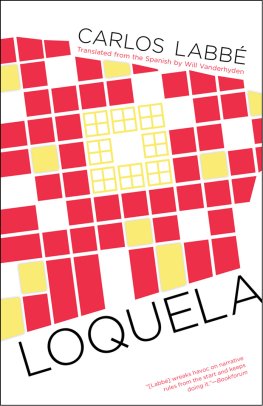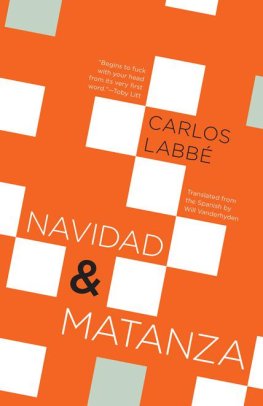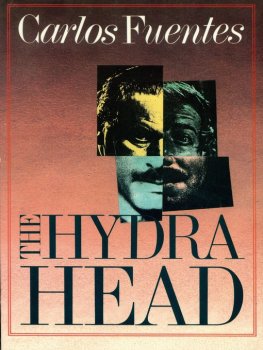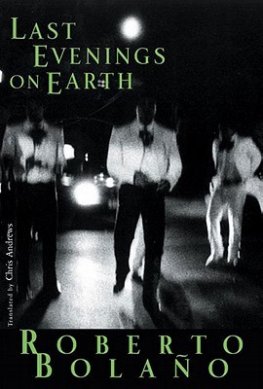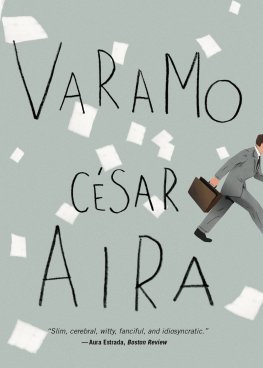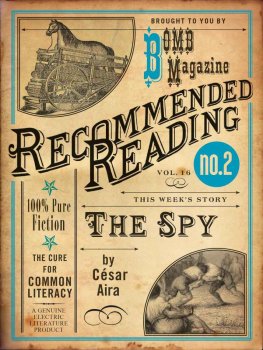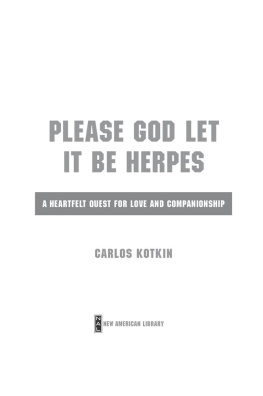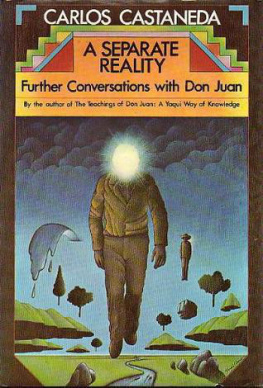For Mnica Ros and the Labb Jorqueras
Many tears at mass and many after. All of them like the passing day, and with all the pleasure of the internal loqela, an assimilation or remembrance of the loqela or music of the heavens, expanding devotion and affection with the tears of feeling I apprehended divinitus.
Ignatius de Loyola
Loquela is a word that designates the flux of language through which the subject tirelessly rehashes the effects of a wound or the consequences of an action: an emphatic form of the lovers discourse.
Roland Barthes
Carlos closed the small notebook and the movement knocked the pen off his writing desk. Anxiously he yanked off his T-shirt and threw it into a corner. He was sweating. He got up from his chair and sat down on the floor. For a few seconds, he glanced through some photos from his cousins party that were spread out across the rug. He opened the window and looked out onto the street. An organ grinder inspected the contents of his can, hoping for a coin. Carlos looked at his notebook and reread the last page: anticipating that the killer whoever it was would defend himself, the man had retrieved the gun. His head pounded and his knees were shaking. Theres a dead girl lying inside, he thought. Hed never fired a gun. His vision clouded over, his whole body pulsed as the door opened slowly from inside. He decided to fire first. And he did. The albino girl let out a soft cry and fell at his feet. He was the killer.
This was not the ending Carlos had planned. But as he was writing it, hed lost sight of the pages delineating the plot structure. Its like a weights been lifted, he said to himself. Like escaping the body. Guided by the pen, in a sort of feverish state, hed turned the man into the killer; and now the carefully constructed plot was a complete mess. His own ineptitude infuriated him: four months figuring out a way for the stalker to remain unseen while simultaneously leaving behind clear indications of his intentions; innumerable nights of the man following the albino girl, up all night reading chapters from the detective story shed scrawled in that notebook. The mans interpretations of the womans story, the walks tracing those absurd maps shed invented, and the characters with names that obviously concealed the identities of other people. The staged shootout. Or, to put it another way, the strange coincidence of a shootout between cops and bank robbers and the chapter dedicated to bullets, on a parallel day at a parallel location, a warning sign compelling him to take up his own investigation. All of it so the man arrived at the right address, opened the right door, and shot the albino girl, the albino girl he wanted so badly. This final image was incomplete: after the shot, the mans eyes wouldnt come to rest on her body, instead, through the door into the next room, theyd find a mirror hanging on the opposing wall, and there hed catch a glimpse of his own face, sirens drawing ever nearer. Even though he had ignored the novels outline, Carlos thought, it was possible that this was his favorite part. He went to the kitchen and opened the refrigerator. He brought a jar of red juice to his lips and drank, asking himself how the letter the protagonist sent to the wrong address had led to him being followed by an unknown car, to a death threat in the bathroom of a dance club where hed gone to look for the girl one Saturday night, and had suddenly found himself embroiled in a shootout in the middle of the street. He remembered his friends comment when hed received a popular detective novel for Christmas the previous year, that these kinds of books were more machination and less mystery all the time. Theyve got no soul, Elisa wouldve added. She suggested the possibility that the plot of his book was the result of a sick imagination that of the protagonist perhaps and that the only recognizable thing in those pages was the presence of an albino girl doomed to die. Every time she offered an opinion about what he wrote, his girlfriend claimed that his characters werent human beings. They never yawned, they didnt shower in the morning, and never woke up in a bad mood; shed say: the author should keep in mind that during the day he had to use the bathroom, laugh every now and then, and sleep a little after lunch. This would prevent his characters from forgetting their own bodies every time they jumped, or ran, or shot somebody.
Carlos looked out the window again and saw the organ grinder walking away, his instrument on his back. A little girl was pulling her dogs leash, trying to get it to stop barking at the poor old man. There were no bullets out there, no persecutions, no deaths, he thought. Of course, the organ grinder was afraid that the dog might bite him, or that someone might assault him while passing through certain neighborhoods. He tried to remember being in a similar situation: the novels protagonist felt fear, seeing his own deformed reflection on that wall, gun in hand, the face of a killer. He picked the pen up off the floor. Hed been mistaken, he said to himself, as he sat back down at the desk: he didnt want to write a detective novel; he wanted to write a mystery.
Hed decided to take a break from the novel, he told Elisa. They were lying together on his bed. His notebook was still open on the desk, the uncapped pen, the jar with what remained of the powdered juice. She was staring at a white canvas that hung on one wall, her back to her boyfriend, who was holding her. I need to take a step back from the plot so I can figure out who the characters are, he said; youll finally find out whether theyre flesh and bone or paper, she murmured. You were right, he added. That itd be good to get to know the man, find someone who looks like the albino girl, talk to both of them. Elisa closed her eyes and took hold of Carloss elusive hand. They lay there in silence. From a neighbors house they heard the shouts of children playing. She looks like Violeta, Elisa said. Who? he asked; the albino, the albino girl looks like your cousins friend whose name is Violeta, but Carlos had never seen her. Elisa got up, went out into the living room, and came back to the bed, holding a photograph between her fingers. She sat down next to Carlos and pointed out a figure dancing on the edge of the dance floor, near some tables. The girl was albino.
It was the final meeting of his detective fiction class. Carlos sat down in the back, near the aisle. The professor was trying to summarize what theyd covered that semester in a long monologue, replete with authors but lacking quotes or plotlines. The closed windows and door made the rooms air unbreathable; Carloss head began to nod with sleepiness. None of the students he knew were in attendance; there were only four people in that class, which was the last one of the semester. All of a sudden a hand touched him on the shoulder. Carlos jumped, surprised. Without completely waking up, he turned to see who it was and found the rows behind him empty. A pair of eyes backed away from the door, eyes belonging to a face he barely recognized and that hed forget immediately. He stood up abruptly, bumped into a desk, someone timidly told him to be quiet. There was no one in the hallway. He went to the bathroom, splashed water on his face, and went back into the classroom just as the professor was talking about the error of making light of death, the state from which the story you tell is always a mystery.
Elisa opened the door to Carloss house with her copy of the key. Relieved, she found that her sketch was still on the table in the middle of the living room. As she was leaving, a letter that had been slipped under the door caught her attention. She looked for the mailman on the street but saw no one. Just seeing the name of the sender made her want to get out of there, but not before putting the envelope in her handbag. On the corner she ran into Alicia, Carloss cousin and housemate, and they talked about the weather while she racked her brain over and over, wondering if at some point she and her boyfriend had been together with Violeta, the girl whod written the letter.

